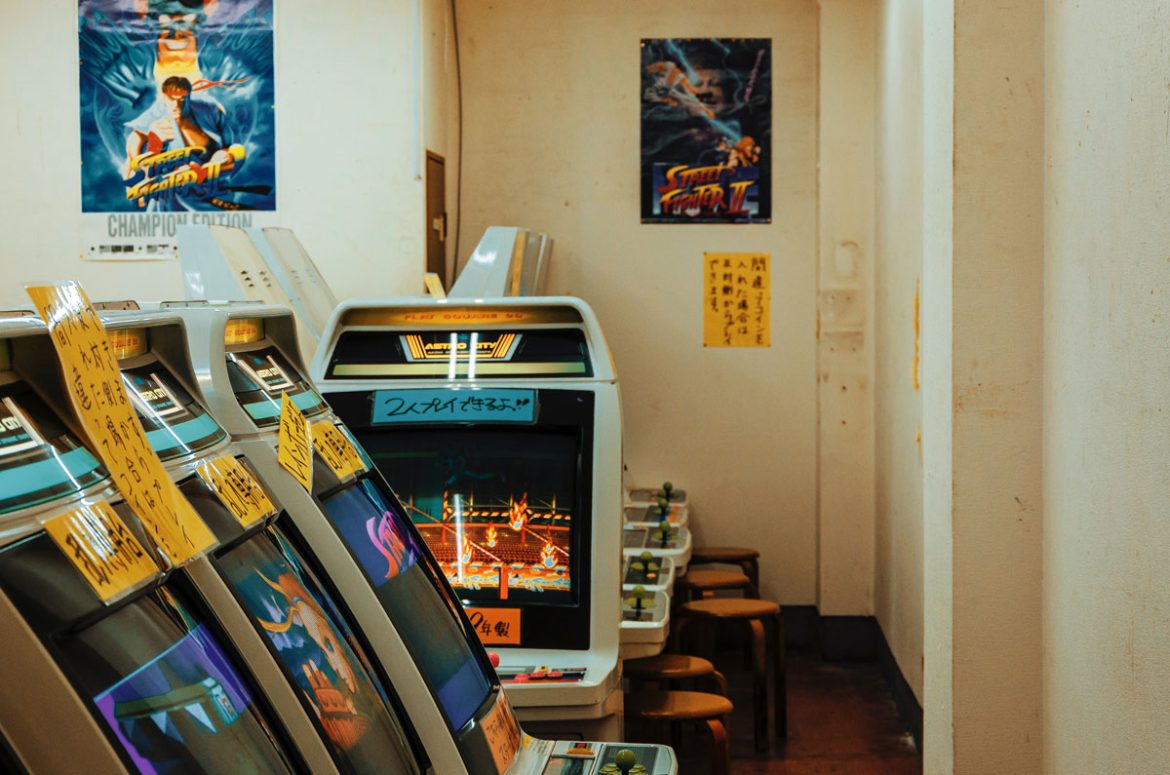The world of video games is a global phenomenon, with players and developers hailing from diverse cultures and backgrounds. Among the most significant and enduring influences on the industry is the impact of Japanese culture on Western video games. This influence is visible in various aspects, from game design and storytelling to art style and character development. In this article, we’ll explore how Japanese culture has left a lasting imprint on Western video games.
Art Style and Aesthetics
Japanese culture’s influence on Western video games is often most apparent in their art styles and aesthetics. Games like “Okami” and “Ni no Kuni” showcase the rich and vibrant visuals inspired by Japanese traditional art, including sumi-e painting and ukiyo-e woodblock prints. These games have not only introduced players to Japanese art but also influenced Western game developers to incorporate similar aesthetics into their titles.
Role-Playing Games (RPGs)
The RPG genre owes much of its evolution to Japanese culture. While tabletop RPGs like Dungeons & Dragons inspired the foundation of Western RPGs, Japanese RPGs (JRPGs) introduced narrative depth and character-driven storytelling to the genre. Titles like “Final Fantasy” and “Dragon Quest” have inspired Western RPGs like “The Elder Scrolls” and “Mass Effect” to integrate more intricate narratives and character development.
Character Design
Japanese character design is characterized by its creativity, diverse character archetypes, and iconic looks. Characters from Japanese games, such as Mario, Sonic, and Link, have become global pop culture icons. Western games have embraced this approach, creating memorable characters like Master Chief from “Halo” and Lara Croft from “Tomb Raider.”
Narrative Complexity
Japanese storytelling often delves into complex and philosophical themes, which has influenced Western games to adopt more intricate narratives. Games like “Metal Gear Solid” explore political and existential themes, while “Nier: Automata” tackles questions about the human condition. These narratives have pushed Western game developers to craft deeper and more thought-provoking stories.
Game Mechanics and Innovation
Japan has a history of pioneering innovative game mechanics, from “Super Mario Bros.” introducing platforming to “Street Fighter II” popularizing competitive fighting games. These innovations have not only defined their respective genres but also inspired Western developers to experiment with new gameplay mechanics and design concepts.
Horror Games
Japanese horror games, known for their psychological horror and atmospheric tension, have greatly impacted Western horror titles. Games like “Resident Evil” and “Silent Hill” have set the standard for survival horror, influencing Western games like “Amnesia: The Dark Descent” and “Outlast.”
Cultural References and Inspirations
Western games increasingly incorporate Japanese cultural elements, such as samurai and ninja themes in action games or references to Japanese folklore. For example, “Sekiro: Shadows Die Twice” draws from Japanese history and culture, enriching the gaming experience.
The influence of Japanese culture on Western video games is a testament to the global nature of the gaming industry. This cross-cultural exchange has led to the creation of some of the most beloved and innovative games in the world. As the industry continues to evolve, we can expect to see further integration of Japanese cultural elements and storytelling techniques in Western video games, enriching the medium and captivating players worldwide.




